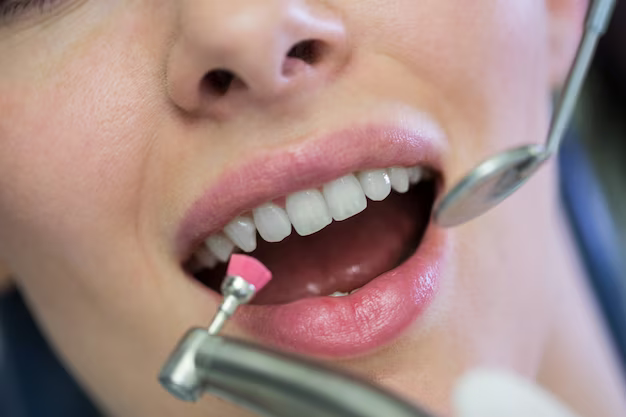Preventative Care:
Hygienist appointments focus on preventive care. They involve professional teeth cleaning, plaque and tartar removal, and a thorough examination of your oral health. This proactive approach prevents development of dental issues.
Gum Disease Prevention:
Regular hygienist visits are instrumental in preventing gum diseases, eg. Gingivitis/periodontitis. The removal of plaque and tartar reduces the risk of gum inflammation and infection.
Cavity Prevention:
Professional cleaning helps eliminate the plaque build-up responsible for tooth decay. Hygienists also provide fluoride treatments, which strengthen enamel, making teeth more resistant to cavities.
Early Detection:
During hygienist appointments, potential issues can be identified early, including signs of oral cancer, cavities, gum disease, and even indicators of systemic health problems. Early detection often leads to more effective treatment and improved outcomes.
Oral Hygiene Education:
Hygienists offer valuable advice on maintaining proper oral hygiene at home. They can recommend the best tooth brushing and flossing techniques, as well as suitable oral care products.
Fresh Breath:
Dental hygiene is closely linked to fresh breath. Regular cleanings help eliminate bacteria that cause bad breath.
Preserving Overall Health:
Good oral health is interconnected with overall health. Poor dental hygiene can contribute to systemic health problems, eg. heart /diabetes.
Aesthetic Benefits:
Hygienist appointments can enhance the appearance of your teeth by removing stains and plaque build-up, resulting in a brighter, whiter smile.
Long-Term Cost Savings:
Preventing dental issues through hygienist appointments can save you money in the long run avoiding advanced dental problems which are often more costly
In conclusion, hygienist appointments are vital for maintaining oral health, preventing dental issues, and supporting overall well-being. Regular visits to the hygienist are very important for your ongoing dental care routine.
- Dental Cleaning (Scaling and Polishing):
Dental hygienists perform a comprehensive cleaning of your teeth, which includes:
Scaling: This involves using specialized tools to remove plaque and tartar (hardened plaque) from the teeth and along the gum-line. Scaling helps prevent gum disease and cavities.
Polishing: After scaling, hygienists polish your teeth to remove surface stains and leave them smooth and shiny. This step also makes it harder for plaque to adhere to the teeth.

- Oral Examination:
Dental hygienists conduct a thorough examination of your mouth. They check for signs of gum disease, obvious cavities, oral cancer, and other oral health issues. Early detection is a key part of their role.
- Gum Health Assessment:
Hygienists measure the depth of the spaces between your teeth and gums (known as pocket depths). Deep pockets can indicate gum disease. They may also evaluate gum bleeding and inflammation.
- Education:
Hygienists provide valuable oral hygiene education. They offer tips on proper tooth brushing and flossing techniques, recommend suitable oral care products, and discuss lifestyle factors that impact oral health.

- Treatment Recommendations:
Based on their findings, hygienists may recommend additional treatments or procedures. For example, they might suggest fluoride treatments to strengthen enamel, or they may refer you to a dentist for further evaluation and treatment.
- Customized Oral Care Plan:
Following the appointment, hygienists often create a personalized oral care plan. This plan outlines specific steps you can take to maintain or improve your oral health between visits.
- Oral Health Monitoring:
Hygienists may track your progress over time, especially if you have specific dental issues. They’ll work with you to achieve and maintain optimal oral health.
The hygienist plays a valuable in maintaining your oral health and preventing dental problems.
To book your visit, please call us:
Notting Hill Branch – 020 7229 4813
Shepherds Bush Branch – 020 8743 4065
Heston Branch – 020 8570 0435

